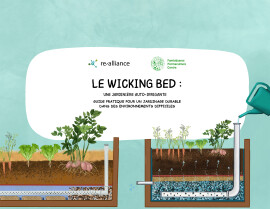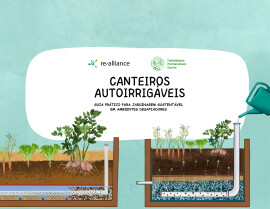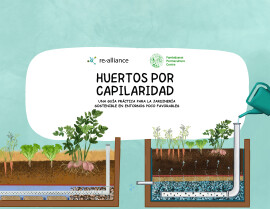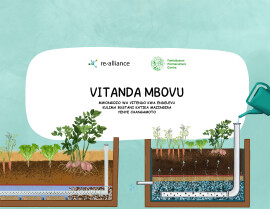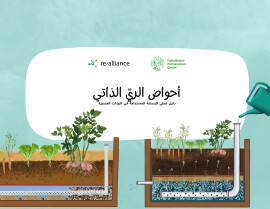
Pickles of Bangladesh
Rural manufacturing in sub-Saharan Africa
This booklet was the result of a workshop run by the Ahsania Mission. The objective of the workshop was to produce adult literacy booklets that covered practical subjects. This booklet covers how to set up a small business making pickles and drew on the work of Intermediate Technology Bangladesh.
Published: 1996
Pages: 23
eBook: 9781780442976
Paperback: 9781853391286
| PREFACE Vll | |||
|---|---|---|---|
| ACKNOWLEDGEMENTS ix | |||
| INTRODUCTION xi | |||
| One: Rural industrialization | |||
| Identifying a strategy for small-scale rural | |||
| industrialization 1 | |||
| The blacksmiths of Manie, Zaire 3 | |||
| In-house shortcomings restraining informal | |||
| industrialization 12 | |||
| Resource deficiencies which restrain informal | |||
| industrialization 15 | |||
| Rural industrial viability 19 | |||
| Industrial origins: traditional or implanted? 21 | |||
| Two: Rural workshops | |||
| The comparative viability of urban and rural informal | |||
| manufacturing 25 | |||
| The significance of innovation 31 | |||
| Sustainability and growth 35 | |||
| Form of design input required by primary and | |||
| secondary workshops 39 | |||
| The comparative viability of primary and secondary | |||
| workshops 46 | |||
| Categorization of small workshop production in | |||
| developing countries 47 | |||
| Three: Relevance and ignorance | |||
| The contribution of the small workshop 52 | |||
| The relevance of the small workshop within | |||
| African development 55 | |||
| The failure of interventions 60 | |||
| Perception of success 67 | |||
| Four: Artisan-orientated intervention | |||
| The recognition of indigenous technical'knowledge 77 | |||
| The control of interventions 81 | |||
| Respectful collaboration 85 | |||
| External agents 99 | |||
| Clients and targets 102 | |||
| Success indicators 104 | |||
| Five: The way forward | |||
| The manner of interventions 108 | |||
| Approach to training 114 | |||
| Implications for intervention agents 120 | |||
| BIBLIOGRAPHY 127 |
Mike Battcock
In 2000, Mike Battcock joined the Civil Society Department at the Department for International Development (DFID). He has worked on a range of areas including the Civil Society Challenge Fund, partnership programme agreements and producing guidance material for DFID country offices.

